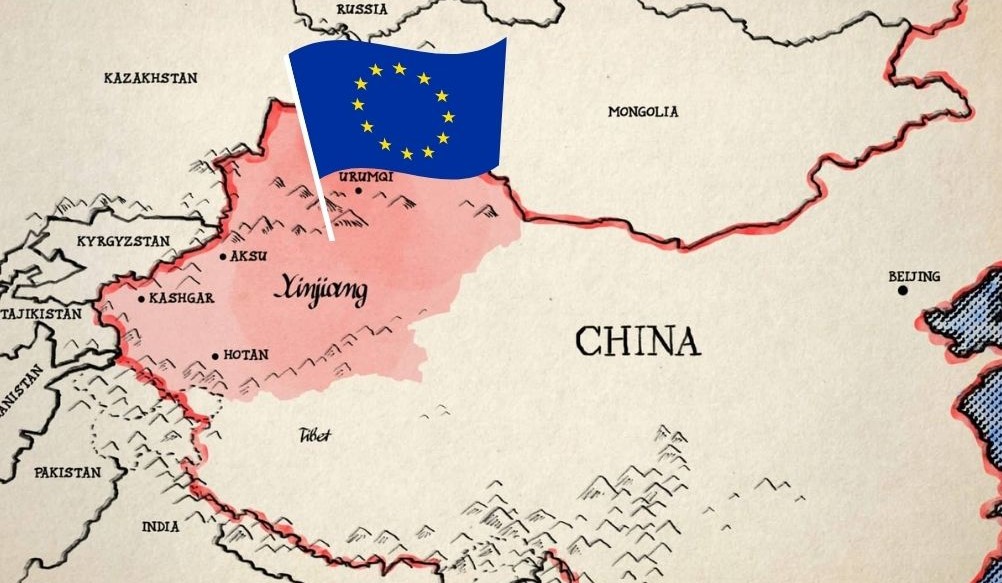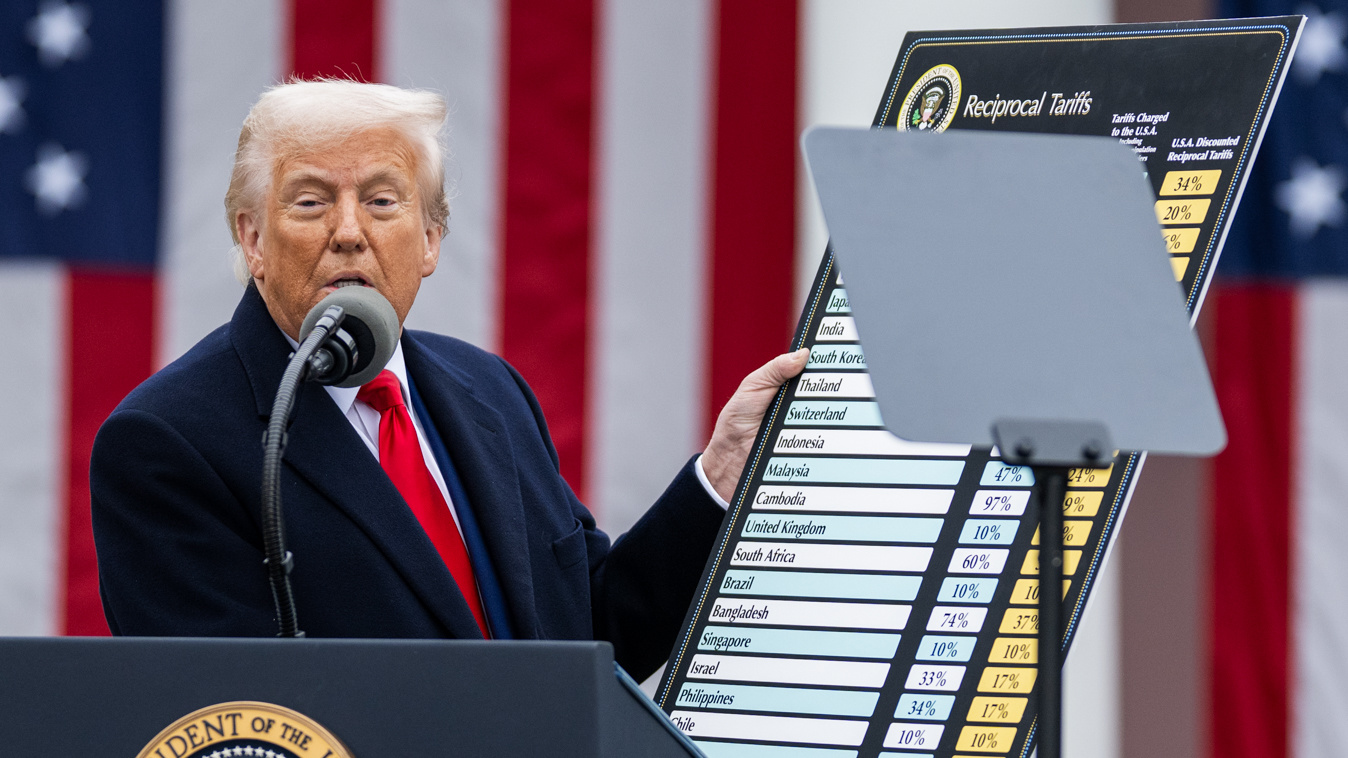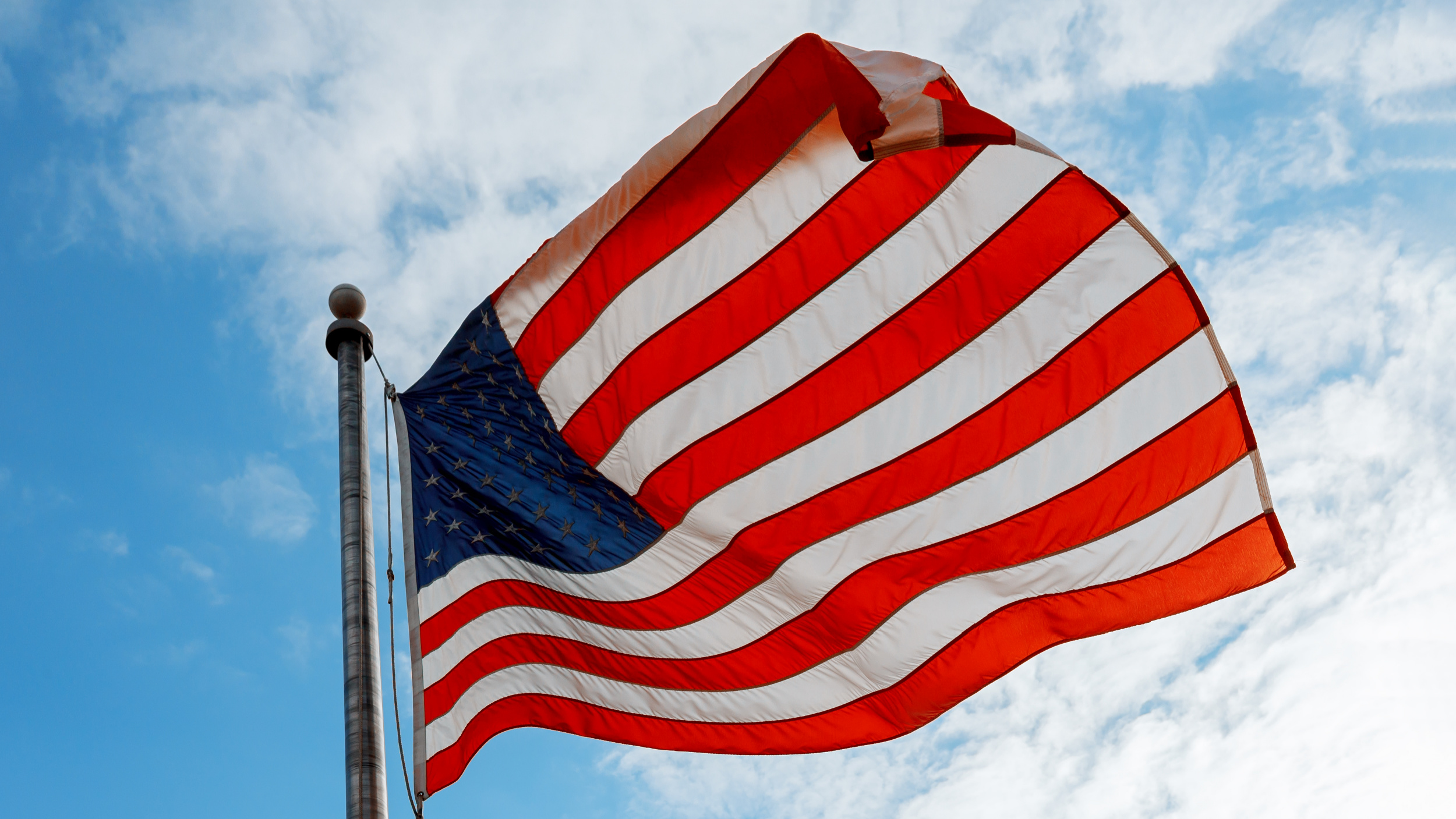When it comes to going after China for its forced imprisonment and sterilization of Muslim minority groups in the western province of Xinjiang, our biggest allies are still sourcing from a region largely banned from U.S. supply chains.
The U.S. government has not only banned individual companies makings things as random as computer graphics cards, polysilicon and hair extensions, but has imposed regional bans on cotton and tomato-derived goods – including ketchup.
The Europeans, on the other hand, are still in business.
According to the South China Morning Post, Xinjiang exports to European Union countries are going doorbusters. Most of this is due to the fact that last year was a flat-lined year for trade. Even so, despite known issues of forced labor violations and reputational risk for corporates, the EU’s imports of products from the region rose 131% in the first six months of 2021, according to an assessment of Chinese customs data published by SCMP. Worse yet, imports included products banned by Europe’s allies in the U.S. – tomato-based goods.
This data should send a signal to Beijing that it can act without impunity. At a minimum, the Chinese Communist Party could believe it can divide Europe from the U.S. Despite strong words against the detention of tens of thousands of Uyghur Muslims in Xinjiang, for many it is business as usual.
In March, the SCMP uncovered supply chains looping Finnish fabric materials in with Xinjiang sanctioned companies.
A few days after their expose, the Finnish company that was selling the material used to make viscose rayon for clothing manufacturing said it would leave that market altogether.
Had they never heard of the European Union’s 2020 warning about forced labor taking place in Xinjiang’s western supply chains?
 The U.S. State Department goes way further than the Europeans, calling it “genocide” in both the Trump and Biden administrations.
The U.S. State Department goes way further than the Europeans, calling it “genocide” in both the Trump and Biden administrations.
CPA assumes American firms cannot possibly be this ignorant on the Xinjiang issue. Disney was wholly ridiculed for filming parts of Mulan in Xinjiang. The Senate recently passed a bill that would rip Xinjiang out of American supply chains. It’s not an obscure issue.
Earlier this month, the State Department updated guidance for businesses operating in China citing forced labor in Xinjiang sourced materials. The European Union issued new guidelines to halt the import of goods made with suspected forced labor. The updated Xinjiang Supply Chain Business Advisory was issued in response to China’s “ongoing genocide and crimes against humanity in Xinjiang and the growing evidence of its use of forced labor there,” said a statement issued by U.S. Secretary of State Antony Blinken.
“Businesses, individuals, and other persons, including but not limited to investors, consultants, labor brokers, academic institutions, and research service providers with potential exposure to or connection with operations, supply chains, or laborers from the Xinjiang-region, should be aware of the significant reputational, economic, and legal risks of involvement with entities or individuals in or linked to Xinjiang that engage in human rights abuses,” the U.S. advisory said.
“Given the severity and extent of these abuses, including widespread, state-sponsored forced labor and intrusive surveillance taking place amid ongoing genocide and crimes against humanity in Xinjiang, businesses and individuals that do not exit supply chains, ventures, and/or investments connected to Xinjiang could run a high risk of violating U.S. law,” it said.
Now everyone knows. Even the Europeans.











